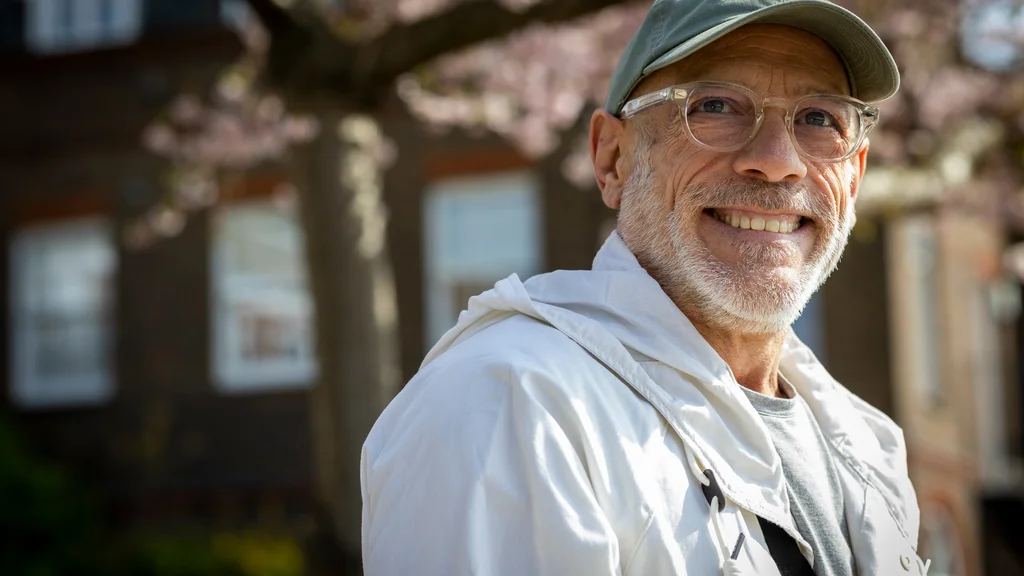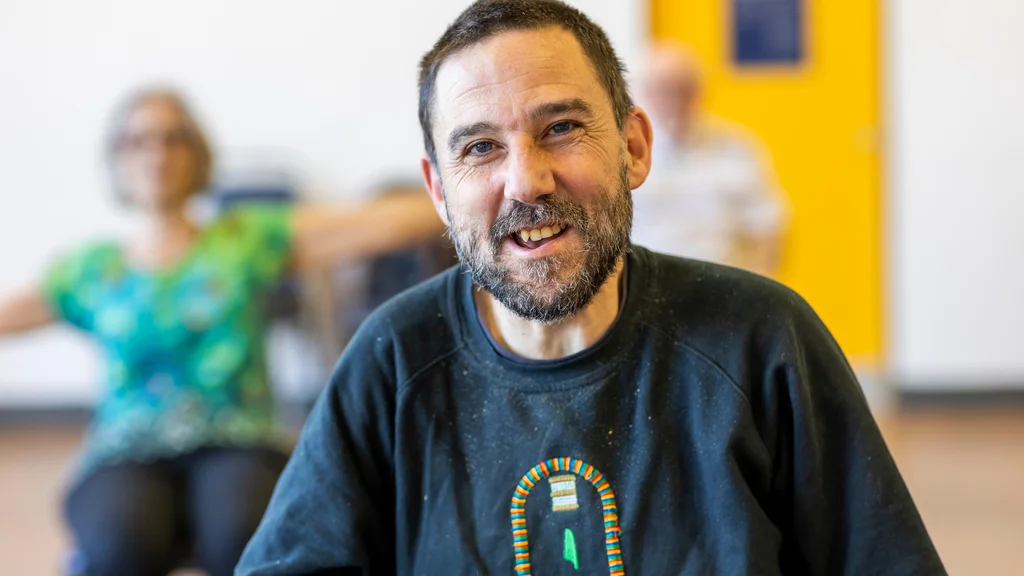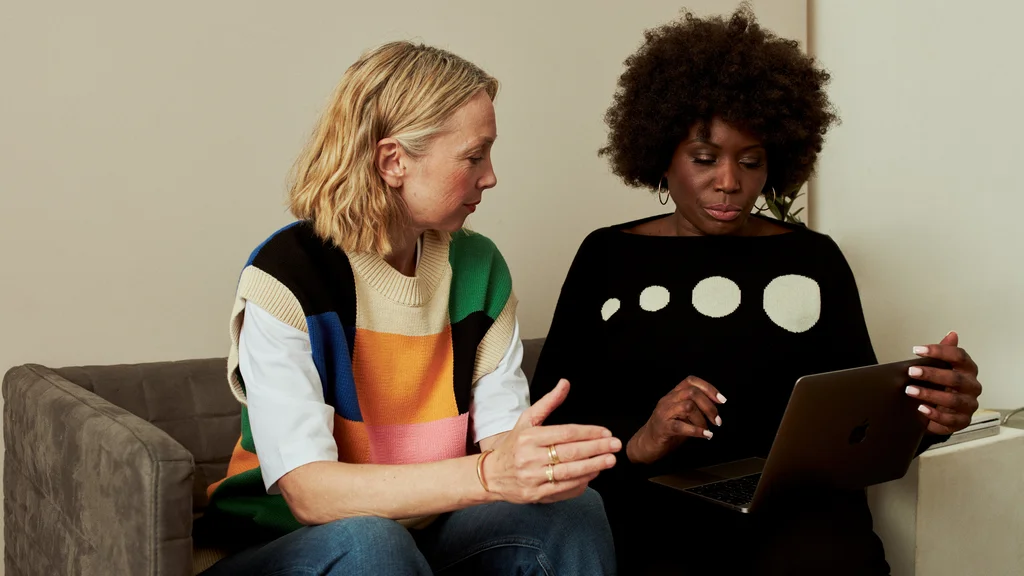Where does ageism show up?
From the interactions we have with our friends and family, to the headlines we read in our newspapers and our experiences at work, ageism is widespread.
Like any kind of discrimination, ageism can happen in big, obvious ways and in smaller, day-to-day interactions. Most people don't realise the things they say or think are ageist.
Ageism in institutions and society
Institutional ageism is when ageism is embedded in laws, rules, social norms, policies and the practices of institutions.
This could be when an employer screens out older candidates for a job or doesn't offer older workers the same opportunities for training and development at work. It can also be seen in the way that the mass media characterises older people based on stereotypes or tends to associate ageing with inevitable decline or vulnerability.
Ageism between people
Interpersonal ageism happens in the interactions between people.
From being told to ‘act your age’, that something is ‘too young for you’, or ‘you shouldn’t do that at your age’ to the assumption that you’re less capable, active or interested in certain things because of your age.
Ageism against ourselves
Self-directed ageism is when a person internalises ageism due to repeated exposure to ageist messages and, as a result, changes their own thinking and behaviour.
For example, someone might consider themselves ‘too old’ to socialise with people at work, or to take up a new exercise class. Self-directed ageism can affect the way we perceive ourselves, our self-esteem, and what we think we are capable or worthy of.
“When I was attending a music festival, I got a few stares and nasty remarks from people for just dancing and enjoying myself. This has also happened within my own social circle – some of my peers would question me or try and put me down for not allegedly ‘acting my age’."
Why does it matter?
Ageism isn’t harmless. It can leave us feeling unimportant, patronised or with low self-confidence. It also means as a society we do not prioritise, nor invest in, ways to help more people experience good health, financial security and be treated fairly and with respect as we grow older.
In the end, all these experiences mean we start to limit our own experiences, opportunities and ambitions as we age. To learn more about ageism check out our FAQs, key terms, ageism facts & stats and our research page.

Learn more about ageism
Explore facts on different aspects of ageism to increase your understanding and help you talk about ageism with others.

Help to challenge ageism
Getting older can have its challenges. Being treated negatively because of your age should never be one of them. Let’s make ageing without limits a reality.
